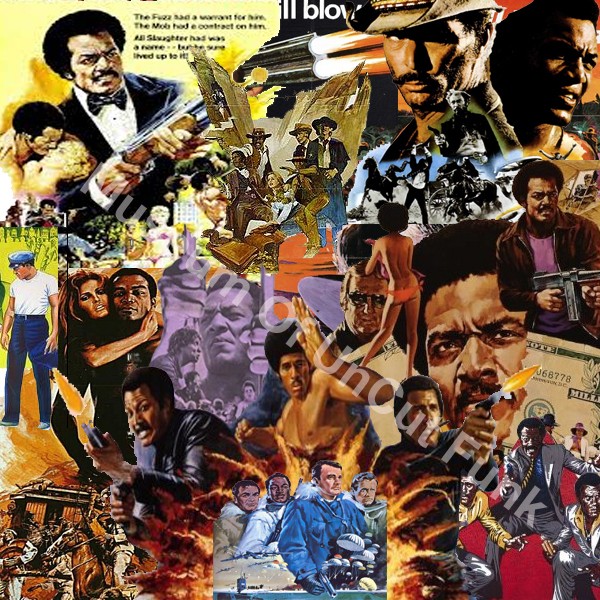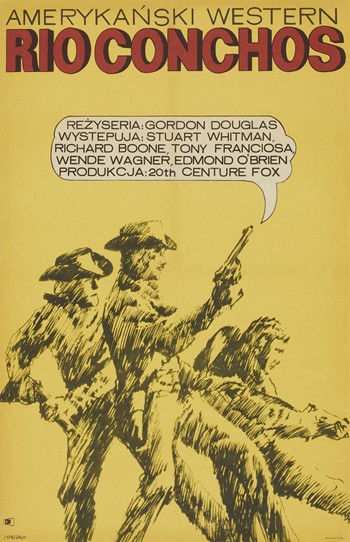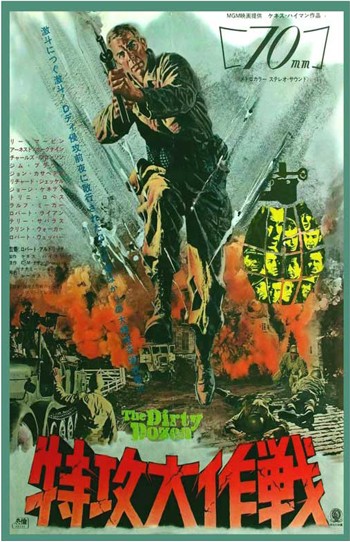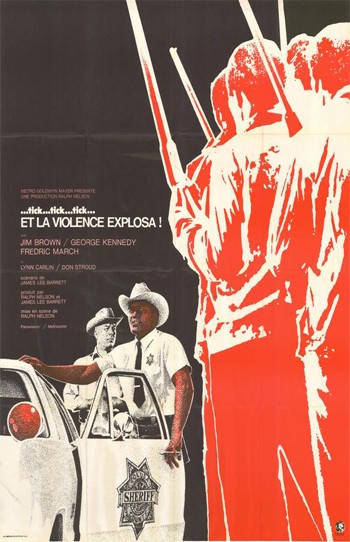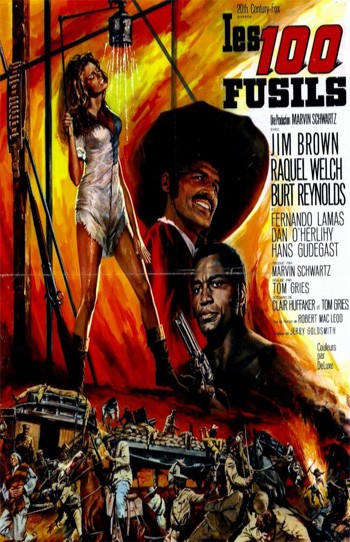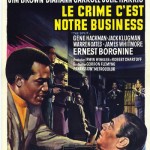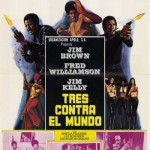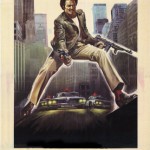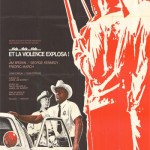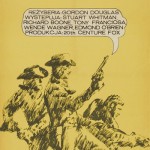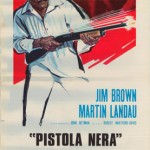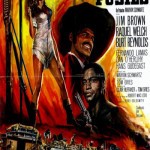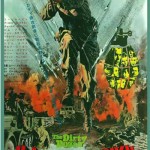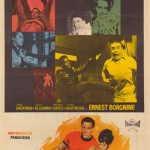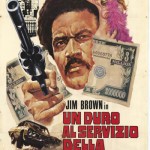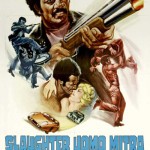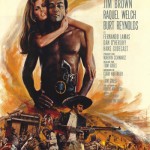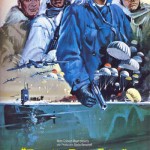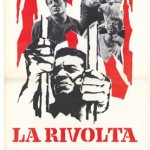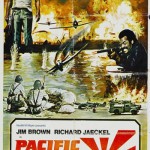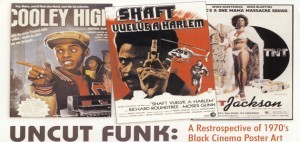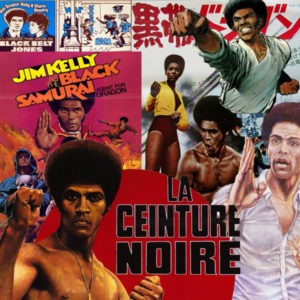Paying Homage To A Legend
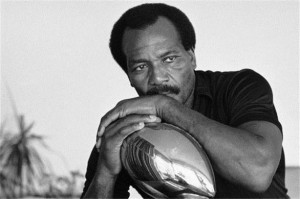
Born February 17, 1936, on St. Simons Island, off the southern coast of Georgia, James Nathaniel Brown experienced a childhood shaped by struggle. He was just two weeks old when his father abandoned the family. His mother soon departed from his life as well, taking a job as a maid in Manhasset, New York, and leaving the care of her young son in the hands of Brown’s great-grandmother.
Brown was 8 years old when his mother finally sent for him to come live with her in New York. In his new home, Brown did well, thriving on the football field for the largely white Manhasset High School. During his senior year, the young running back averaged an astonishing 14.9 yards per carry, more than good enough to earn him a spot at Syracuse University.
In 1964 Brown steered Cleveland to the NFL championship, where the club routed Baltimore to win the title, 27-0. In the game, Brown ran for 114 yards. But Brown saw a life for himself outside of football, and before the start of the 1966 season, he stunned the sports world by announcing his retirement. He was inducted into the Pro Football Hall of Fame in 1971. Jim began an acting career before the 1964 season, playing a Buffalo Soldier in a western action film called Rio Conchos. The film premiered at Cleveland’s Hippodrome theater on October 23, with Brown and many of his teammates in attendance. The reaction was lukewarm. Brown, one reviewer said, was a serviceable actor, but the movie’s overcooked plotting and implausibility amounted to “a vigorous melodrama for the unsqueamish.”
In early 1966 Brown, who had grown debonair and aloof as he rocketed to fame, was shooting for his second film in London. The Dirty Dozen cast Brown as Robert Jefferson, a convict sent to France during World War II to assassinate German officers meeting at a castle near Rennes in Brittany before the D-Day invasion. Production delays due to bad weather meant he would miss at least the first part of training camp on the campus of Hiram College, which annoyed Modell, who threatened to fine Brown $1,500 for every week of camp he missed. Brown, who had previously said that 1966 would be his last season, announced his retirement instead.
Jim Brown went on to play a villain in a 1967 episode of I Spy called “Cops and Robbers”, and appeared in the 1970 movie …tick…tick…tick…, as well as in numerous other features. Biographer Mike Freeman credits Brown with becoming “the first Black action star”, thanks to roles like the Marine captain he portrayed in the hit 1968 film Ice Station Zebra.
In 1969, Brown starred in 100 Rifles with Burt Reynolds and Raquel Welch. The film was one of the first to feature an interracial love scene. Raquel Welch reflects on the scene in Spike Lee’s Jim Brown: All-American.
Brown acted with Fred Williamson in films such as 1972’s Black Gunn, 1974’s Three the Hard Way, 1975’s Take a Hard Ride, 1982’s One Down, Two to Go, 1996’s Original Gangstas and 2002’s On the Edge. He also guest-starred in a handful of television episodes of various programs with Williamson. In 1998, he provided the voice of Butch Meathook in Small Soldiers. Perhaps Brown’s most memorable roles were as Robert Jefferson in The Dirty Dozen, and in Keenen Ivory Wayans’ 1988 comedy I’m Gonna Git You Sucka. Brown also acted in 1987’s The Running Man, an adaptation of a Stephen King story, as Fireball. He played a coach in Any Given Sunday and also appeared in Sucker Free City and Mars Attacks!. Brown appeared in some TV shows including Knight Rider in the season 3 premiere episode Knight of the Drones. Brown appeared alongside football hero Joe Namath on The A-Team episode “Quarterback Sneak”.
Jim Brown stared in more than 50 films and television programs. All of Jim Brown’s 1970 film were released internationally and the Museum Of UnCut Funk is honoring Jim Brown with an international movie poster exhibition of his work from the 1960’s to the 1970’s.

